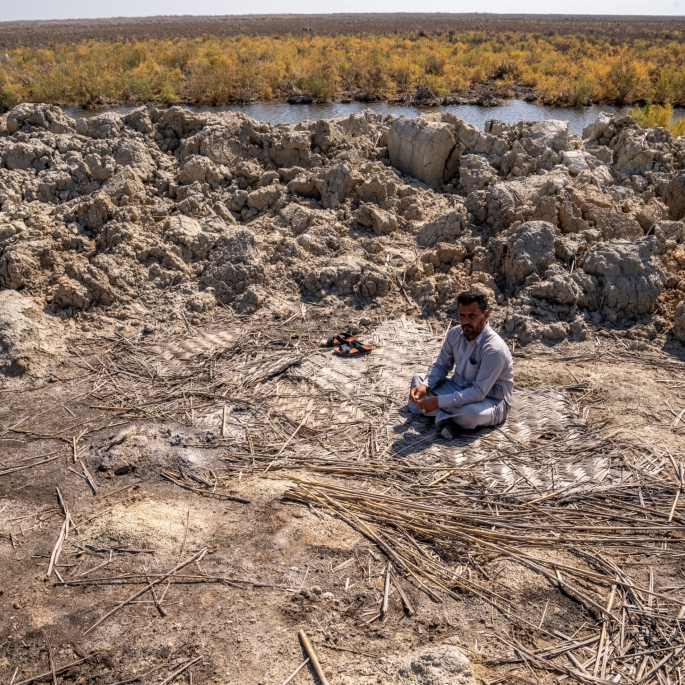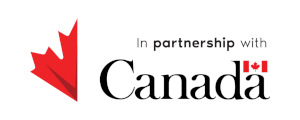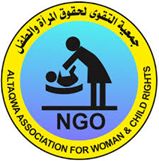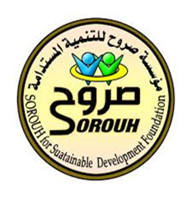
GIVE THIS RAMADAN

According to the UN, Iraq is now the fifth most vulnerable country in the world to climate change, a phenomenon worsening food insecurity throughout the region.
Agriculture, Iraq’s third-largest employment sector, is increasingly under threat by more frequent and severe climate extremes. Rising temperatures, declining rainfall, and prolonged droughts are devastating agricultural production and farmers’ livelihoods.

The Iraqi Federation of Agricultural Associations reports that 50% of farmers now live below the poverty line, and 40% have abandoned farming for other income sources.
To help farmers in Iraq adapt to the impacts of climate change, Action Against Hunger is partnering with Oxfam, Al Taqwa Association for Woman & Child Rights, and Sorouh for Sustainable Development Foundation (SSDF) to implement a 3-year project funded by Global Affairs Canada.
With a special focus on women and youth, the FEMINACT project will strengthen the capacity of smallholder farmers and those involved in the agricultural process by promoting sustainable, climate-smart agriculture. By investing in agricultural infrastructure, we aim to improve and adopt less water-intensive irrigation systems while supporting effective and inclusive governance within farmer associations, unions, and communities.
In Iraq, small-scale farming is the backbone of the agricultural sector, but it’s held back by traditional methods that limit productivity. Farmers often struggle with limited access to lines of credit and the knowledge needed to adopt modern practices, like updated irrigation and fertilization systems, and better pest management techniques. Many still rely on outdated methods like pesticides and flooded irrigation, which waste large amounts of water.
Women, who make up 20% of the agricultural workforce, face even greater challenges. Their limited access to education and training in rural areas keeps them from gaining the skills needed to fully participate in agriculture.

To address these issues, the FEMINACT project empowers smallholder farmers, especially women, to adopt climate-smart agricultural practices. The initiative is establishing and strengthening Farmer Field Schools (FFS), designed to be inclusive and culturally appropriate for both men and women. Recognizing the extra burden of unpaid care work on women, the training sessions are scheduled to fit their availability, with considerations like reasonable travel distances and childcare spaces to ensure they can fully participate.
In Iraq, as in many places, traditional gender roles still hold strong. Men typically take a leadership role, dominating assets, resources, and decision-making, while women are often confined to domestic roles with limited influence, even within their own homes. This imbalance leaves women on the sidelines, excluded from shaping decisions and public policies. The gender gap in leadership remains stark, not only in national politics, but also, across households, organizations, and communities.
This project aims to change that narrative. By championing the voices of women and youth in decision-making, especially at the community, district, and governorate levels, we’re working to ensure that everyone has a seat at the table.

By promoting women and youths’ representation in leadership and breaking down the barriers that keep them from participating, we’re fostering a new wave of leadership in resource management and climate action. When women step into leadership roles, it doesn’t just benefit them—it shifts social norms and unlocks potential for broader change.
But it’s not just about representation—it’s also about empowerment. The project is tackling the financial barriers women face, particularly female farmers, by developing women-specific credit schemes for agricultural technologies and collaborating with microfinance institutions. We’re also empowering smallholder farmers, especially women, by educating them on the benefits of credit access and connecting them with service providers through targeted information campaigns.

• In Iraq, 3 million of the 14 million acres of farmland are at risk of desertification.
• 2.4 million people are in acute need of food and livelihood assistance in Iraq




